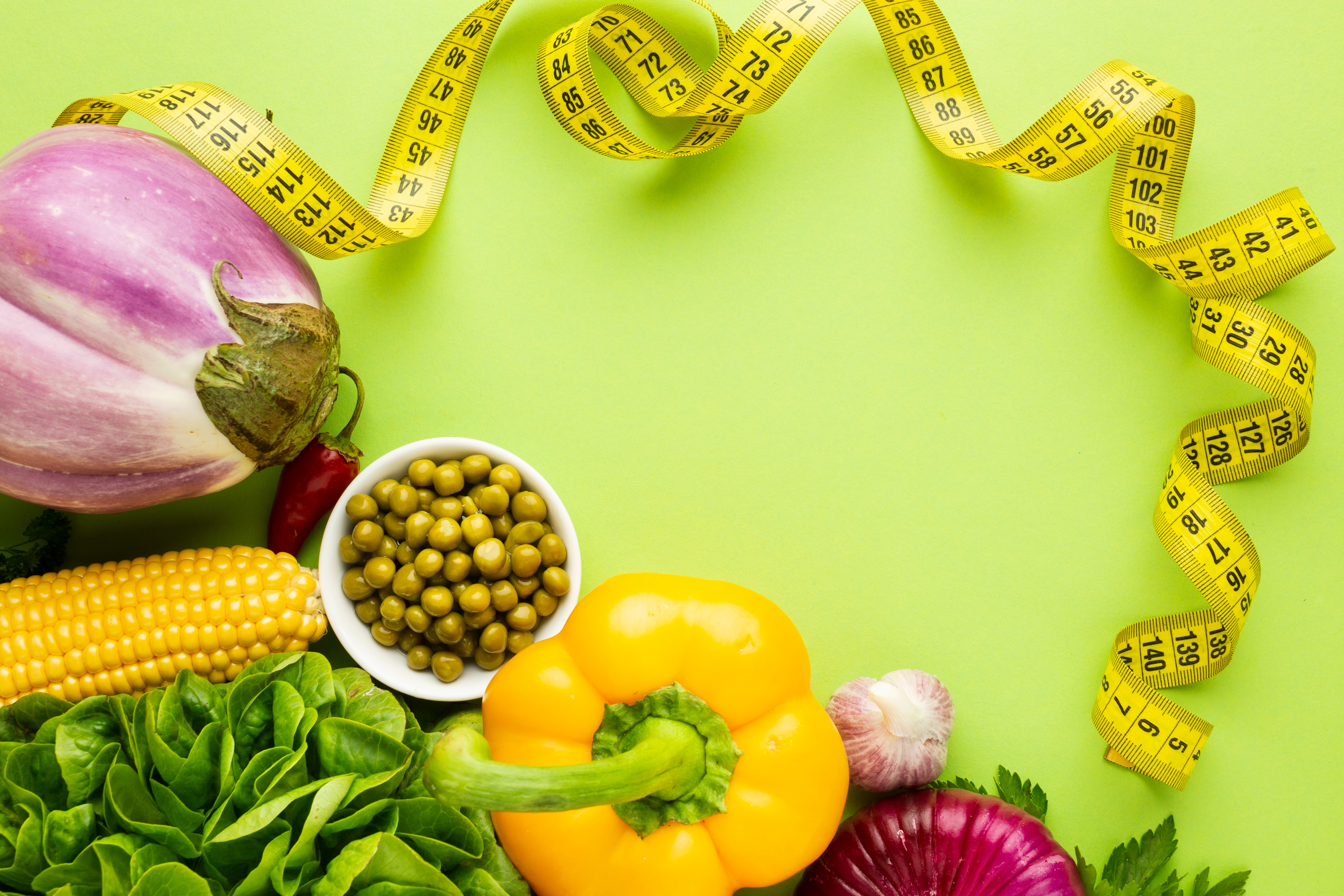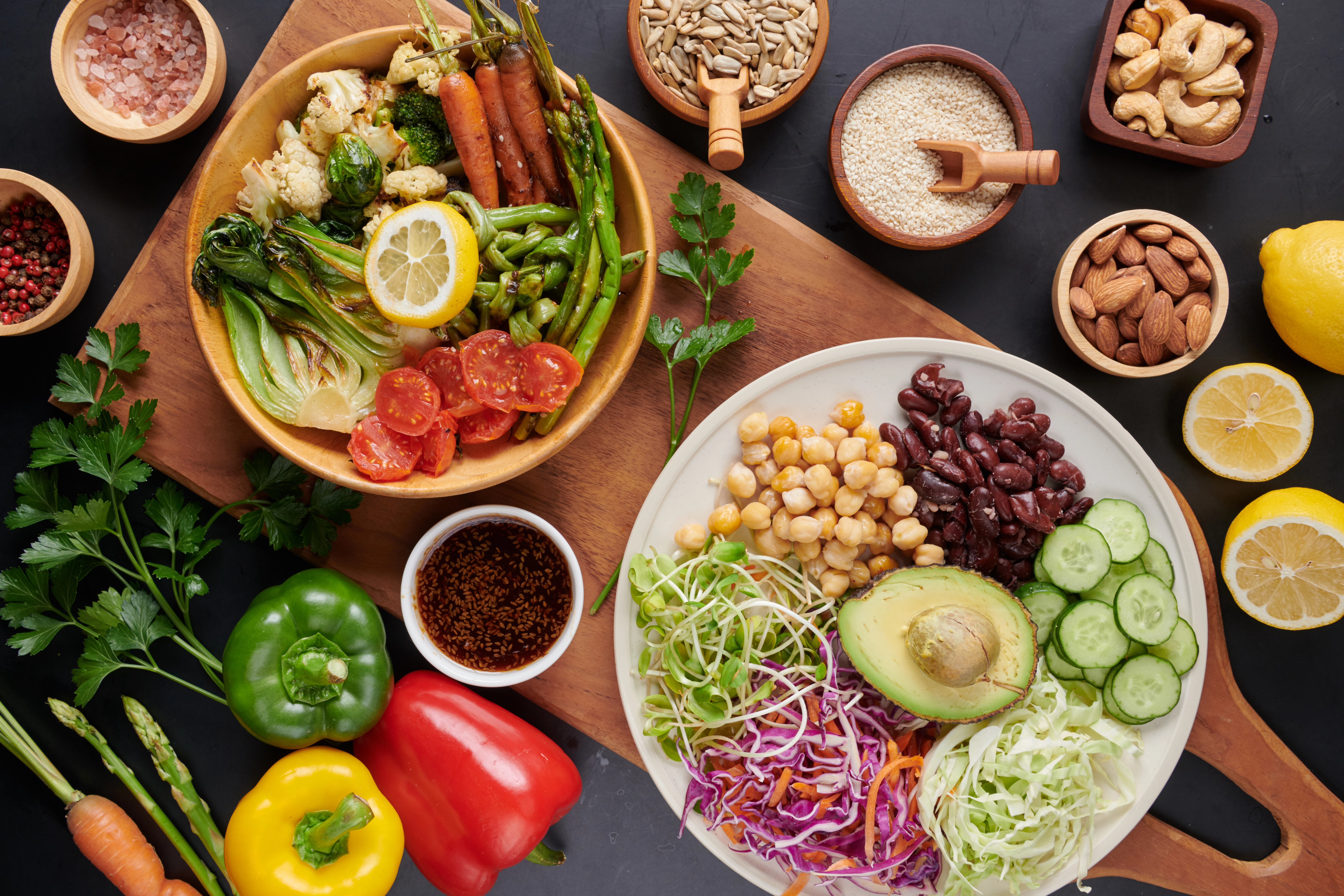
Renix Care is committed to provide high-quality Unani Medicine & Natural products at competitive prices backed by excellent customer service so you can trust us with your purchase decisions every time!
Created : August 17, 2024

In a world where convenience often overrides nutrition, understanding the differences between our daily diet and what it ideally should be is more crucial than ever. Many people find themselves trapped in unhealthy eating patterns that can lead to a range of health issues, from weight gain to chronic diseases. Understanding these differences and making informed changes can significantly improve your quality of life.
In this blog, we will explore how our current eating habits compare to an ideal diet and how you can transform your eating habits for a healthier lifestyle. extra Natural R-Apelon Syrup - Appetite Booster Weight Gain Stimulant 450 ml
Modern lifestyles have revolutionized many aspects of our daily lives, but not always for the better, especially when it comes to our eating habits. Busy schedules, work pressures, and the prevalence of processed foods have fundamentally altered our diets. Today, many people face challenges such as excessive sugars, unhealthy fats, and nutrient deficiencies. This shift in eating habits is not only a personal issue but affects millions globally.

Our daily diet often leans towards quick and convenient options, which may provide temporary satisfaction but result in long-term nutritional deficiencies. Breakfast may consist of sugary cereals or pastries, lunch might include fast food, and dinner could involve processed meals or takeout. Snacks often include chips, cookies, or soda. Such eating habits can create imbalances in our body's nutrition, leading to various health problems and long-term illnesses.
Many of these convenient foods lack essential vitamins and minerals. For instance, many processed foods are low in fiber, which is crucial for digestive health. Additionally, deficiencies in nutrients like vitamin D and calcium can impact bone health. Over time, these nutritional gaps can lead to significant health issues, affecting the functioning of various body organs.
Unbalanced diets rich in processed foods can lead to several health problems. Processed foods often contain high levels of sugar and sodium, which can contribute to various health issues. Excessive sugar intake can lead to insulin resistance, increasing the risk of diabetes. High sodium levels can raise blood pressure, increasing the risk of heart disease. Unhealthy fats can elevate cholesterol levels and raise the risk of cardiovascular diseases. Identifying these issues and making informed dietary changes is crucial.
To transition to a healthier diet, it's important to understand what an ideal daily diet should include. Here is a breakdown of the main components of a healthy diet:
Fruits and Vegetables: Aim to fill half your plate with a variety of fruits and vegetables. These foods are rich in vitamins, minerals, antioxidants, and fiber, essential for good health. Particularly beneficial are broccoli, spinach, and berries. Using a variety of colored fruits and vegetables ensures a broad range of nutrients.
Lean Proteins: Include sources of lean protein in your diet, such as chicken breast, fish, tofu, and legumes. Protein is important for muscle repair, immune function, and overall health. Plant-based proteins like beans, lentils, and nuts are great options for those reducing meat consumption.
Whole Grains: Opt for whole grains instead of refined grains. Foods like brown rice, quinoa, and whole-grain bread are high in fiber, which aids digestion and helps regulate blood sugar levels. They also support sustained energy levels.
Healthy Fats: Include sources of healthy fats in your diet, such as avocados, nuts, seeds, and olive oil. These fats support brain health, hormone production, and heart health. They also add flavor and texture to your meals.
Hydration: Proper hydration is crucial for overall health. Aim to drink at least 8 glasses of water daily. Staying hydrated aids digestion, maintains energy levels, and supports detoxification.
Portion Control: Managing portion sizes is important to avoid overeating. Use smaller plates, be mindful of portion sizes, and listen to your body’s hunger and fullness cues. This helps with calorie control and supports healthy weight maintenance.

Transitioning to a healthy diet can be straightforward if you follow the right steps. Here are some effective strategies:
Set Realistic Goals: Start with small, achievable goals, such as adding an extra vegetable to each meal or substituting refined grains with whole grains. Gradual changes are usually more sustainable in the long run.
Plan Your Meals: Meal planning ensures you have balanced options available and reduces the temptation of unhealthy foods. Plan meals for the week, prepare ingredients in advance, and create a shopping list.
Make Healthy Substitutions: Use healthier alternatives for common foods. For example, choose oatmeal instead of sugary cereals, opt for baked or grilled foods instead of fried, and drink flavored water or herbal tea instead of soda. These substitutions can have a significant impact on your overall nutrition.
Practice Mindful Eating: Mindful eating involves paying attention to your food, eating slowly, and savoring each bite. This practice can help prevent overeating and make meals more enjoyable. Avoid distractions like TV or phones while eating.
Maintain Consistency: Establishing and sticking to a routine is key for long-term success. Consistency helps reinforce new healthy habits and makes it easier to maintain dietary changes over time.
Consider Seeking Support: If you're struggling with making changes, consider seeking help from a registered dietitian or nutritionist. They can provide personalized advice and guidance tailored to your specific needs and goals.
Transitioning to a healthy diet can present challenges. Here are some common obstacles and ways to overcome them:
Busy Schedules: A busy schedule can hinder healthy eating. To overcome this, plan and prepare meals in advance. Batch cooking, keeping prepped ingredients on hand, and having healthy snacks readily available can help you stay on track.
Social Situations: Social gatherings and dining out can pose challenges. Review menus beforehand and choose healthier options. Having a healthy snack before events can help prevent overeating.
Emotional Eating: Emotional eating can disrupt healthy habits. Find alternative ways to manage emotions, such as exercising, journaling, or talking to a friend. Being aware of emotional triggers can help you make better food choices.
Lack of Knowledge: Many people lack accurate information about healthy diets. Educate yourself about nutrition and seek reliable sources of information. Consulting a registered dietitian can provide valuable support and insights. Conclusion Transitioning to a healthier diet can profoundly impact your overall health and quality of life. By understanding the differences between a typical diet and an ideal one and gradually making sustainable changes, you can enhance your well-being and achieve a balanced lifestyle. Start with small steps and remain consistent. Celebrate your progress along the way. By adopting mindful eating practices, choosing nutritious foods, and addressing common challenges, you can transform your diet and improve both physical and mental health. These changes will not only improve your quality of life but also support long-term health and wellness. By taking responsibility for your eating habits, you can create a healthier, happier, and more fulfilling life.
Visit Our Unani Medicine Shop: Unani Shop | Diabetes Medicine | Unani Skin Care & Hair Care | Health & Wellness | Weight Gainer Supplement | Sexual Wellness
Comments